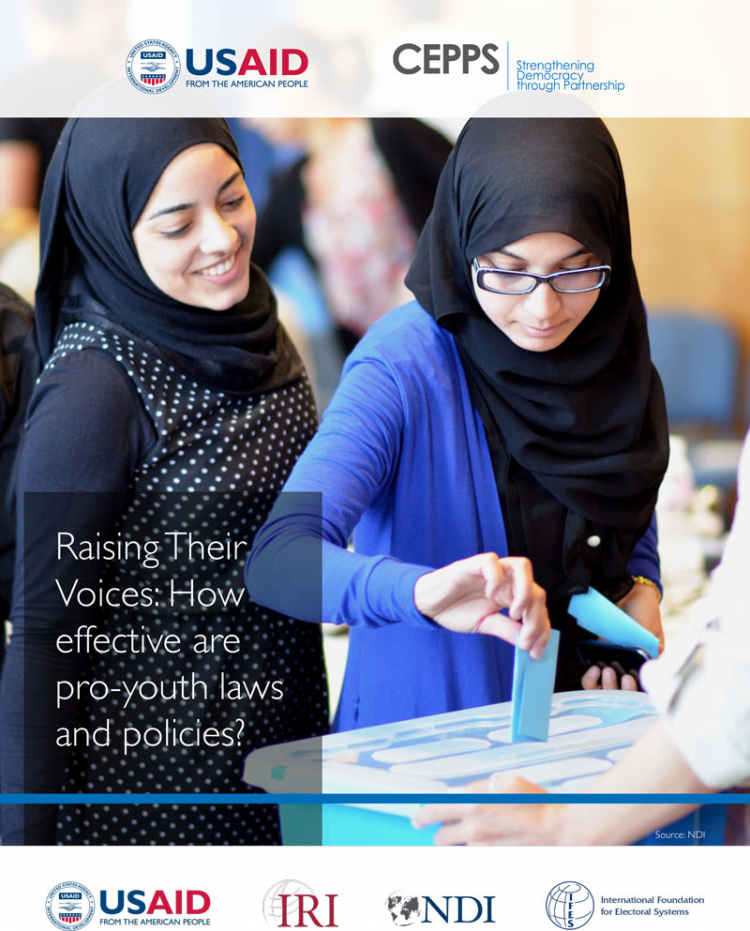Raising their voices: How effective are pro-youth laws and policies?
More than half the world’s population is under 30, yet young people remain underrepresented in government and decision-making processes. There is a growing consensus among practitioners and scholars that politically and civically engaged youth are integral to a country’s economic and democratic health. As national governments, international donors, and local advocates increasingly recognize that youth participation is vital to stability and success, a variety of public measures, policy mechanisms and legal reforms aimed at promoting youth engagement have gained traction.
Proponents of these measures contend that pro-youth policies and reforms can increase youth participation and, ultimately, result in better policy outcomes across a range of issues. However, there has been relatively little empirical research on if, and under what conditions, these pro-youth measures improve the quantity or quality of youth participation and representation in political processes.
This report analyzes four pro-youth legal and political mechanisms and offers recommendations for funders, implementers and local partners considering the implications of:
- National youth policy strategies
- Reducing the minimum age for voting and candidacy
- Youth electoral quotas
- Political party youth wings
About CEPPS
Established in 1995, the Consortium for Elections and Political Process Strengthening (CEPPS) pools the expertise of three international organizations dedicated to democratic development: the International Foundation for Electoral Systems (IFES), the International Republican Institute (IRI), and the National Democratic Institute (NDI).
CEPPS has a 20-year track record of collaboration and leadership in democracy, human rights, and governance support, learning from experience, and adopting new approaches and tools based on the ever-evolving technological landscape.
